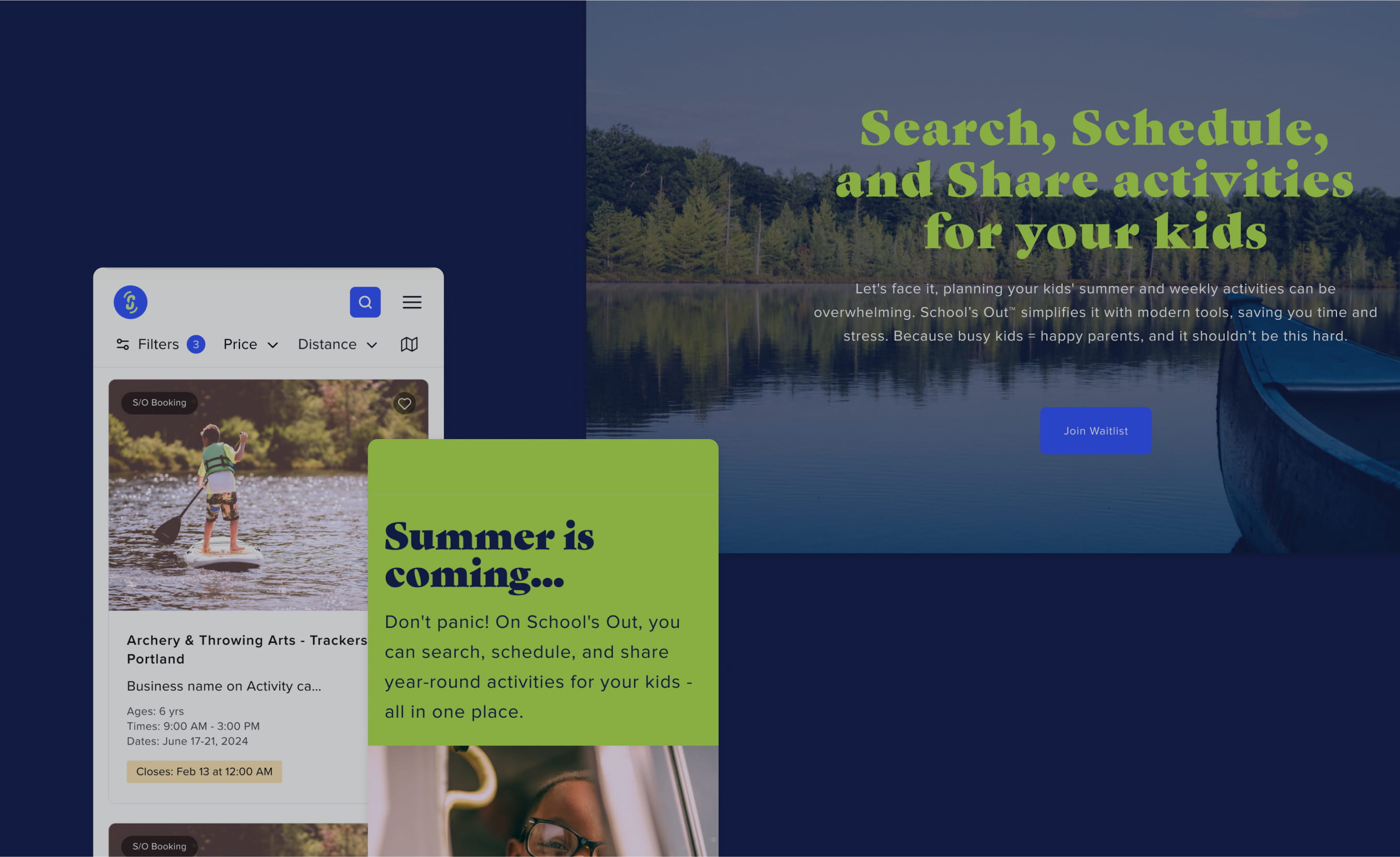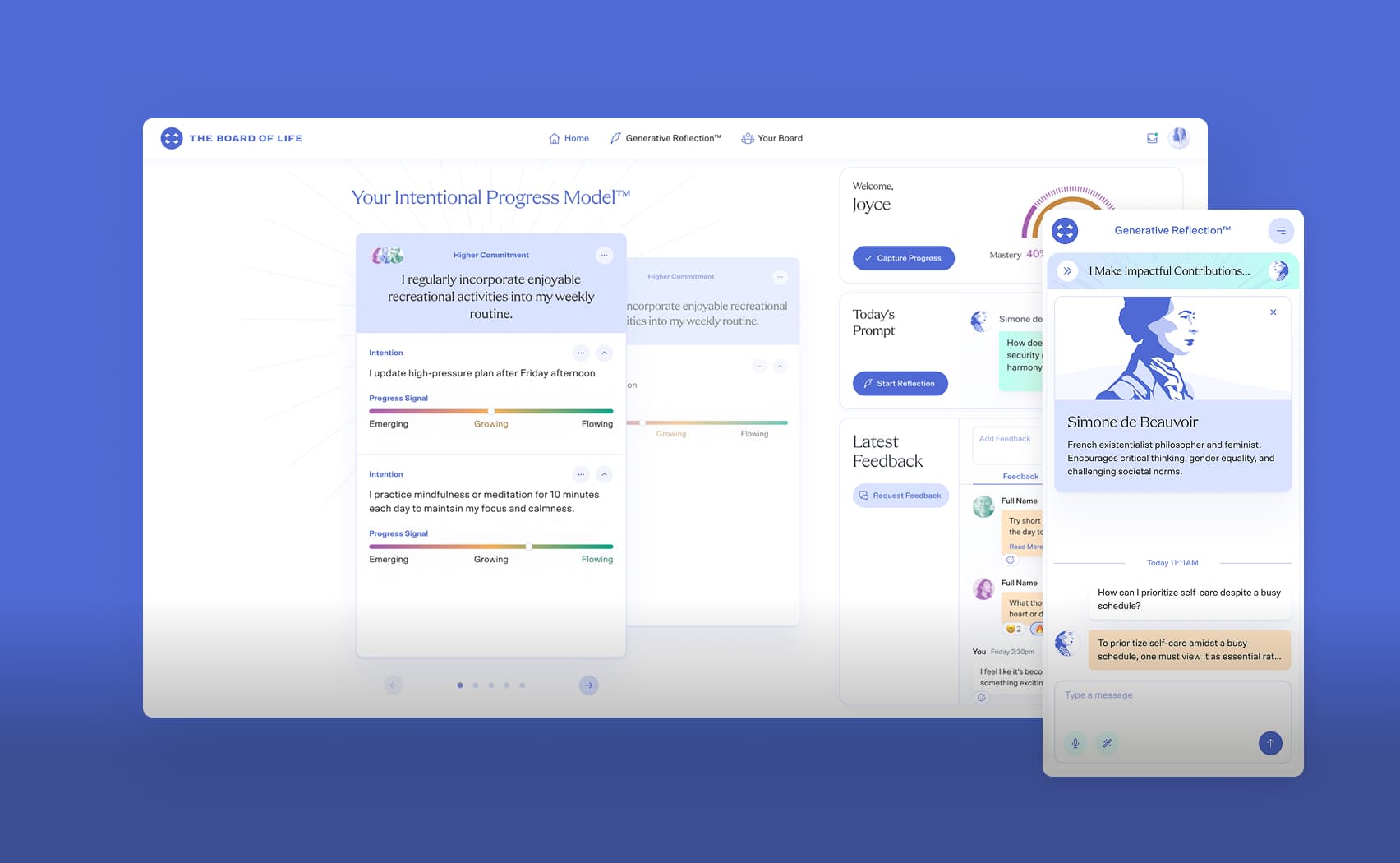Collecting The Right Data For A Better Employee Experience
The employee’s experience is the sum total of the perceptions and sentiments they experience due to their work. It is everything they feel and think while carrying out their role.
People prefer to have pleasant experiences, and work is no exception. Ensuring that employees have a good time on the job is important not just as a basic form of empathy, but also as a powerful business strategy.
Companies that cultivate a positive employee experience will tend to have more engaged workers, less absenteeism, and a higher quality of work. Companies that offer a poor work experience will tend to have high rates of turnover and a fragmented company culture. Such disengagement costs US businesses over $450 billion per year.
When it comes to improving the employee experience, knowing what’s going on is half the battle. Whether you lead a team of 5 people or 500, you need to know what your employees are thinking and feeling about their work.
Yet getting the right data about the employee experience is difficult. Surveys can ask the wrong questions and get unhelpful responses. And employees may be reluctant to voice criticism in interviews.
But it is possible to get a sense of what your workforce is thinking and feeling by collecting the right data in the right way. A good step-by-step process looks like this:
- Cultivate a culture of trust and honesty
- Examine archival data
- Observe everyday activity at work
- Perform interviews to scan for concerns
- Take surveys for quantitative information
Cultivating a culture of trust and honesty
Before you can even begin to collect any kind of data from your team, it helps to have the kind of culture that makes data collecting possible in the first place. Settings of mistrust and secrecy make it harder to find out what’s going on. Settings of trust and honesty make sharing the right information natural and easy.
Of course, cultivating culture is somewhat of a chicken-and-egg problem. You can use an open culture to collect the right data, improve the employee experience, and maintain company culture. But companies that have transparency issues to begin with may face an uphill battle.
Examining Archival Data
Before you even begin talking to and observing real people, you can get a sense of where your company is starting from by auditing existing data. This includes information such as:
- Company policies
- Remote work tips
- Mission statements
- Past surveys or interviews
- Internal and external communications
Much of work culture is influenced by official company policies. If your current remote work system is in shambles, it might be because the existing remote work policy was vague, or didn’t exist at all.
Examining past employee data can provide a better sense of how your company has changed and handled problems in the past. It can show you if you are dealing with the same issues again and again, or if you have new challenges now compared with a few years ago.
The advantage of archival data is that it is objective. It is something written down or recorded on a computer hard drive. The disadvantage is that it is not current, and may lack the richness of subjectively experienced information.
Observing Everyday Activity
Simply observing and working with your team can provide a lot of pointed information about their experience. And this doesn’t mean invasive surveillance, either. Much can be learned through ordinary interactions.
Even seemingly small details can make a big difference. For example, you might notice that desks are falling apart or arranged awkwardly. Or you might observe that there is a reoccurring dispute about eating in the office.
Obviously, this source of data is quite limited in a remote work environment. But you can still glean information from the way people operate in Slack and other channels.
Performing Interviews
David Ogilvy once made a famous statement about the difficulty of market research: “Consumers don’t think how they feel, they don’t say what they think, and they don’t do what they say.”
Similar challenges arise when interviewing anyone, not just consumers. That’s why interviews can be such a double edged sword.
Employees may not answer questions in the way that would help you most. For example, someone may not be upfront about their concerns because they are uncomfortable expressing criticism.
This is why interviews work best when paired with other data. You may need to read between the lines to find out what’s really important to your employees.
To make the best out of your interviews, treat them more as open ended conversations than as strict question-answering activities. That way, you can use interviews as a way to gather qualitative information about what to investigate further.
Taking Surveys
While interviews help with qualitative data, surveys are better for gathering more precise, quantitative data. And you can make surveys anonymous to make people honest even about questions they would rather not be honest about.
Most survey questions fall into two categories: questions about facts, and questions about opinions.
Questions about facts can give you an objective sense of how your operations are functioning. For example: Have you completed a performance review in the past 6 months? Were you paid on time?
Questions about opinions can give you a sense about how people feel about the way operations are functioning. This is arguably even more important for improving the employee experience. For example: Do you like the remote work policy? Have you had any problems following the policy?
These sorts of questions show which issues are the most salient to your employees’ experiences.
Conclusion: Improving The Employee Experience In The Era Of Hybrid Work
In many ways, remote work makes it more difficult to collect the right data about your employee experience. Without in-person interaction, information loses a lot of nuance.
Yet at the same time, supporting remote work options is one of the most powerful tools businesses have for improving their employees’ experience. Over two-thirds of workers report that working remotely would make them happier.
JetRockets operates a hybrid work model, offering remote roles and an office in Batumi, Georgia, to anyone interested. We believe that this gives employees the best experience we can offer, by allowing the flexibility of working where they choose. Contact us today to learn more!



